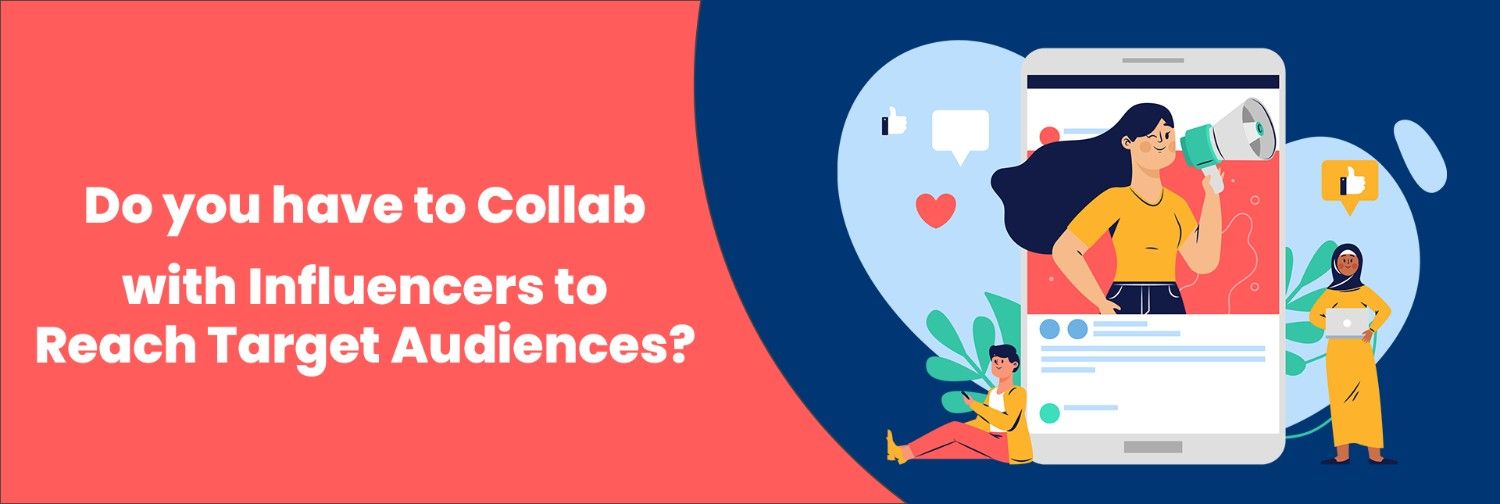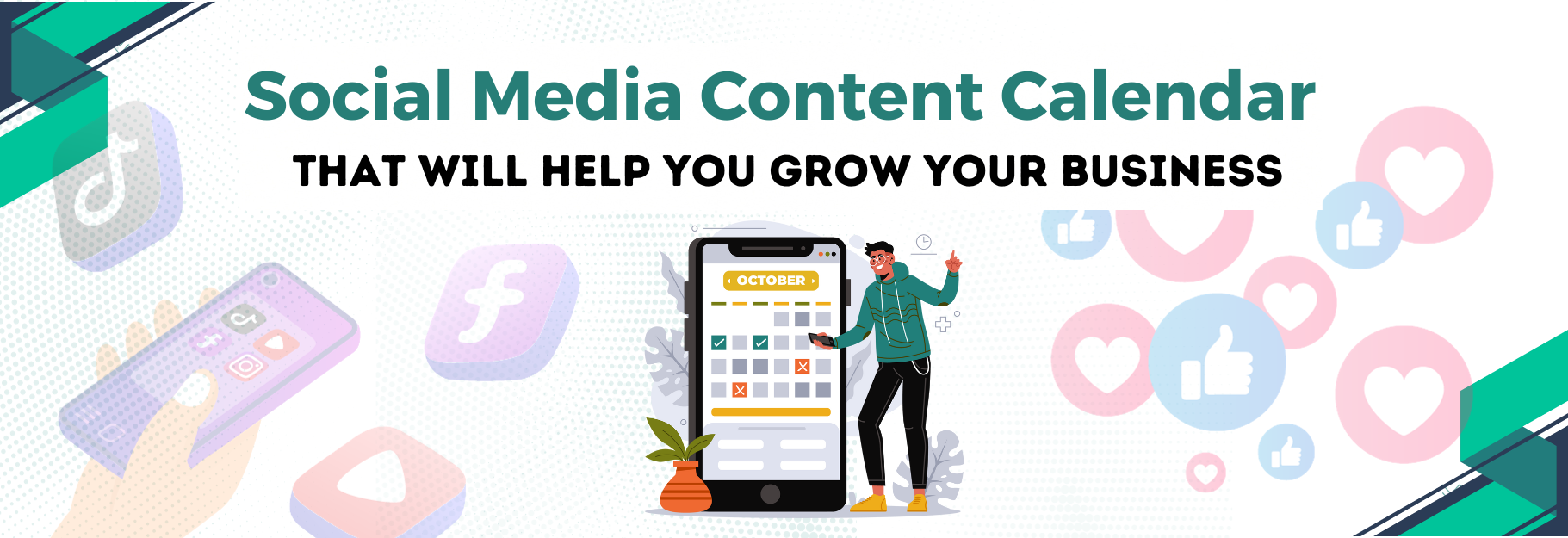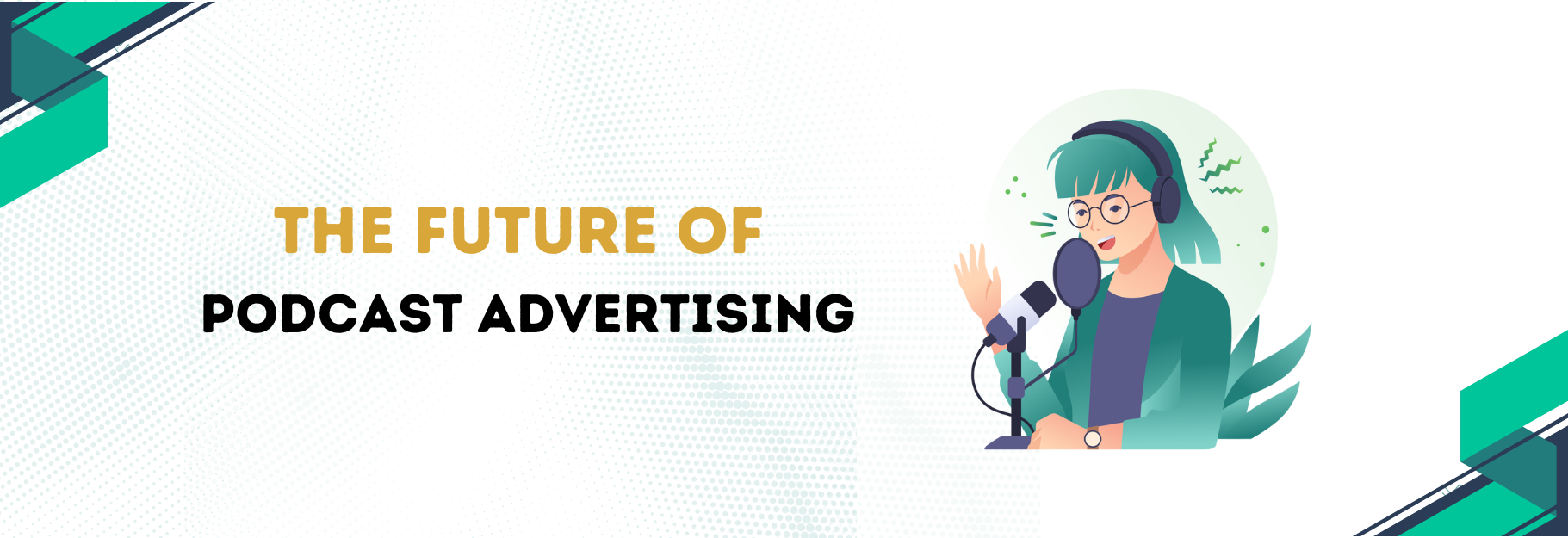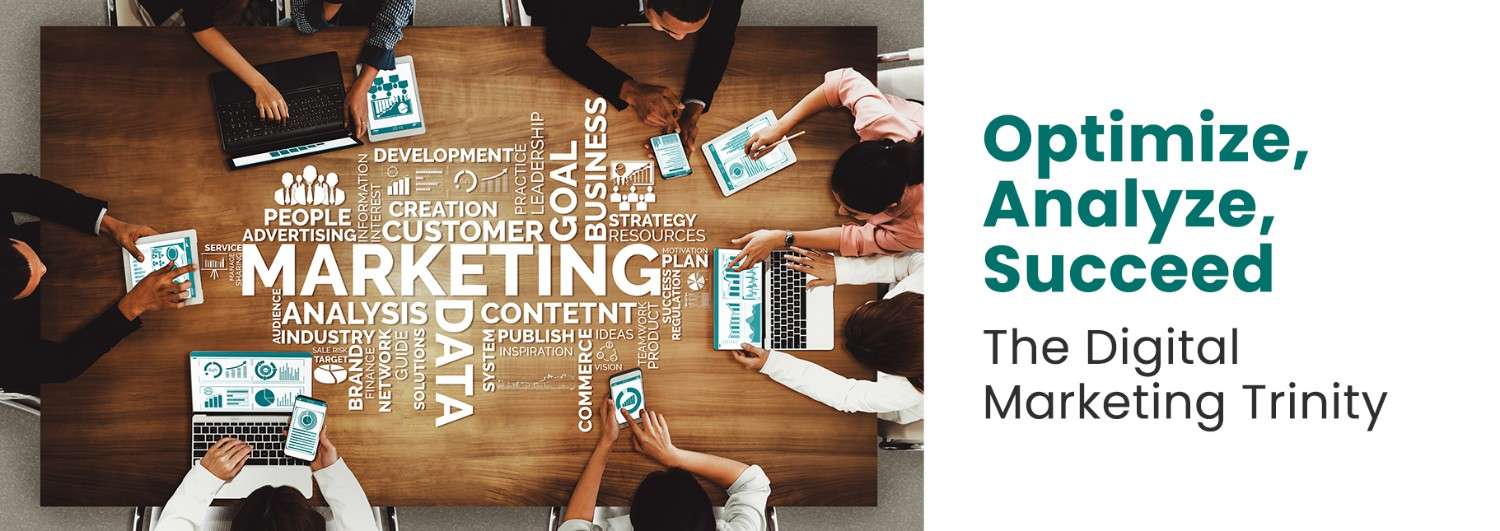In today’s fast-paced digital landscape, Artificial Intelligence (AI) is transforming the way businesses approach marketing. AI on Digital Marketing is revolutionizing the way companies engage with consumers, personalize experiences, and optimize strategies. In this article, we will delve into the impact of AI on digital marketing, its applications, and the ways it is reshaping the future of the industry.
Understanding AI on Digital Marketing
AI on Digital Marketing refers to the use of machine learning, natural language processing (NLP), automation, and data analytics to enhance marketing efforts. By analyzing large sets of data, AI helps marketers make informed decisions, improve customer experiences, and achieve better ROI. The combination of data-driven insights and automation allows for more efficient and targeted campaigns, ultimately driving better results for businesses.
With AI and digital marketing working hand-in-hand, businesses can refine their strategies and enhance customer engagement, personalization, and optimization. Let’s explore the key areas where AI is making a significant impact on digital marketing with AI.
1. Personalization at Scale
One of the most powerful applications of AI for digital marketing is the ability to deliver personalized experiences at scale. Traditional marketing relied on a one-size-fits-all approach, but AI on Digital Marketing allows businesses to offer individualized experiences for each customer based on their preferences, behavior, and demographics.
AI algorithms analyze consumer data from various touch points—such as websites, social media, and purchase history—to create highly tailored content. For example, e-commerce platforms can recommend products to users based on their browsing history, while email marketing campaigns can deliver personalized content based on past interactions. The result is a more engaging experience that resonates with the consumer, leading to increased conversion rates and customer loyalty.
2. Predictive Analytics
AI on Digital Marketing’s ability to predict consumer behavior is one of the most valuable aspects of digital marketing with AI. By analyzing historical data and recognizing patterns, AI algorithms can forecast future trends and behaviors. This predictive capability allows marketers to make data-driven decisions and proactively tailor campaigns to meet the needs of their target audience.
For example, AI can predict when a customer is likely to make a purchase, allowing businesses to target them with personalized offers at the right time. Predictive analytics also helps identify potential churn risks, enabling businesses to take preventative measures to retain customers.
3. Chatbots and Virtual Assistants
Another significant impact of AI on Digital Marketing is the rise of chatbots and virtual assistants. These AI-powered tools have become essential for improving customer service and driving engagement. Chatbots can handle customer inquiries, resolve issues, and provide product recommendations in real-time, all while offering a seamless experience for users.
AI on Digital Marketing has enabled chatbots to be available 24/7, making it possible for businesses to provide instant support to customers across various digital platforms, including websites, social media, and mobile apps. This increases customer satisfaction and helps businesses save time and resources by automating routine tasks.
Additionally, virtual assistants powered by AI can engage customers in more natural and meaningful conversations. For instance, they can suggest products based on user preferences, help navigate websites, and guide customers through the sales funnel. This enhances the user experience and drives higher engagement, leading to increased conversions.
4. Enhanced Content Creation
AI and digital marketing are also revolutionizing the way content is created and optimized. Content marketing plays a vital role in digital marketing, but producing high-quality, relevant content consistently can be a time-consuming task. AI can assist marketers by automating content generation, helping to create blog posts, social media captions, and product descriptions in a fraction of the time.
Natural Language Processing (NLP) algorithms enable AI to understand and generate human-like text. AI on Digital Marketing tools can also analyze trending topics, keywords, and consumer sentiment to create content that is highly relevant to the target audience. This allows businesses to stay ahead of the competition by producing content that resonates with users, ultimately driving more traffic and engagement.
Moreover, AI can optimize existing content by analyzing its performance and suggesting improvements. By identifying which topics and formats perform best, AI helps marketers fine-tune their content strategies for maximum impact.
5. Automation of Campaigns
Digital marketing campaigns often require a significant amount of time and effort to manage, especially when dealing with multiple platforms and channels. AI for digital marketing helps marketers streamline and automate various aspects of campaign management, such as targeting, bidding, and ad placement.
AI tools can analyze consumer behavior in real-time and automatically adjust bids and budgets to optimize ad performance. This not only saves time but also ensures that campaigns are running efficiently and effectively. Automated campaign management allows businesses to reach their audience with the right message at the right time, increasing the chances of conversions and ROI.
In addition, digital marketing with AI tools can assist with A/B testing, helping marketers quickly identify the most effective strategies and improve their campaigns accordingly.
6. Data-Driven Decision Making
Data has always been an essential element in digital marketing, but with AI on Digital Marketing, marketers can make better use of data than ever before. AI allows businesses to analyze vast amounts of data in real-time, uncovering hidden patterns and insights that would be difficult for humans to spot.
By leveraging AI for digital marketing, businesses can identify trends, measure the effectiveness of their marketing efforts, and adjust strategies based on data-driven insights. This leads to more informed decision-making, which in turn drives better outcomes. With AI’s predictive and prescriptive analytics capabilities, businesses can optimize their marketing campaigns for improved performance and efficiency.
7. AI in Social Media Marketing
Social media is an integral part of any digital marketing strategy, and AI on Digital Marketing is enhancing its potential in several ways. AI-powered tools can analyze social media conversations and trends, providing marketers with valuable insights into customer preferences, brand sentiment, and industry developments.
AI can also optimize social media ads by analyzing audience behavior and engagement metrics. By understanding which ads resonate with the target audience, AI for digital marketing helps businesses create more effective campaigns that drive higher engagement and conversions. Additionally, AI tools can schedule posts and monitor social media activity, allowing businesses to stay connected with their audience around the clock.
8. SEO Optimization
Search Engine Optimization (SEO) remains a crucial aspect of digital marketing, and AI on Digital Marketing is playing an increasingly important role in SEO strategies. AI for digital marketing tools can analyze search engine algorithms, user behavior, and competitive data to optimize website content for better search rankings.
AI can also help identify relevant keywords, improve on-page SEO, and optimize backlinks. By using AI and digital marketing to enhance their SEO efforts, businesses can improve their online visibility, drive more organic traffic, and achieve higher search engine rankings.
Conclusion
The impact of AI on Digital Marketing is undeniable. From personalized experiences and predictive analytics to automation and enhanced content creation, AI for digital marketing is transforming how businesses engage with consumers. By incorporating AI into their digital marketing strategies, businesses can achieve greater efficiency, improve customer satisfaction, and drive better results.
As AI and digital marketing continue to evolve, their role will only grow, making it an essential tool for businesses that want to stay competitive in the digital age. Embracing AI on Digital Marketing can help businesses unlock new opportunities, streamline their processes, and deliver more value to their customers. The future of digital marketing is here, and AI on Digital Marketing is at the forefront of this transformation.







